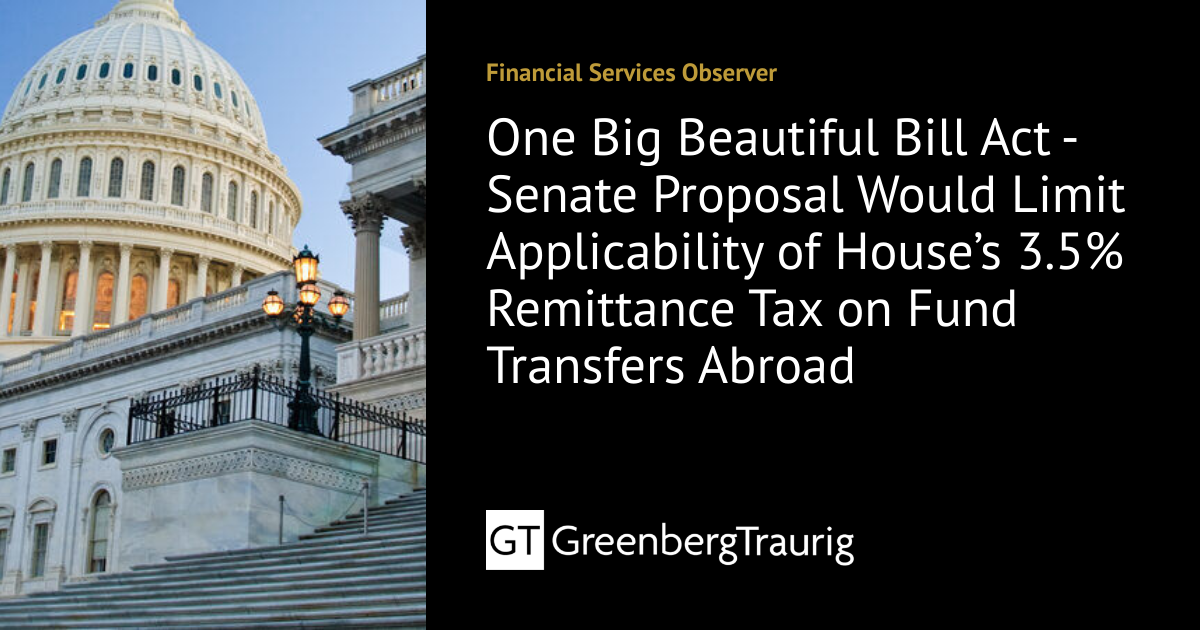Former White House Official Proposes Drastic 10x Remittance Tax Hike

Joshua Steinman, a former Deputy Assistant to the President and Senior Director for Cyber on the National Security Council Staff, has publicly floated a "crazy idea" to increase remittance taxes tenfold, a proposal that would dramatically reshape international financial flows. Steinman, who served in the Trump administration from 2017 to 2021, shared his provocative suggestion on social media, stating, "> Crazy idea: 10x remittance taxes." This proposition comes amidst ongoing legislative debates in the U.S. regarding new taxes on money sent abroad.
Remittances, which are non-commercial money transfers by individuals to their home countries, represent a critical source of income for many developing nations, often surpassing foreign aid. Recent legislative efforts, such as the "One Big Beautiful Bill Act" in the U.S. House of Representatives, have seen proposals for a 3.5% excise tax on remittances, a figure already sparking considerable debate. Steinman's suggestion, implying a tax rate potentially ranging from 35% to 50% based on current proposals, would mark an unprecedented escalation.
Experts warn that even the lower proposed rates of 3.5% or 5% could significantly impact economies heavily reliant on these funds. A tenfold increase could lead to a severe reduction in formal remittances, potentially driving transfers into informal, untraceable channels. Such a move would likely diminish foreign exchange inflows for major recipient countries like India and Mexico, which receive billions annually from the U.S., affecting household consumption and national economies.
The economic implications of such a high tax rate are profound. Previous discussions around remittance taxes have highlighted concerns about increased compliance burdens for financial institutions, potential disincentives for foreign investment, and the difficulty of effectively collecting revenue from a "slippery" tax base. Critics also argue that high taxes could disproportionately affect migrant workers who already pay taxes in their host countries, and may not effectively deter unauthorized immigration as intended.
Steinman's background includes coordinating cyber, telecommunications, cryptocurrency, and supply chain policy for the U.S. government, indicating a familiarity with complex financial and national security matters. While the tweet presents the idea as "crazy," it underscores a growing sentiment in some political circles to leverage financial mechanisms to influence immigration and economic policy, potentially with far-reaching global consequences.